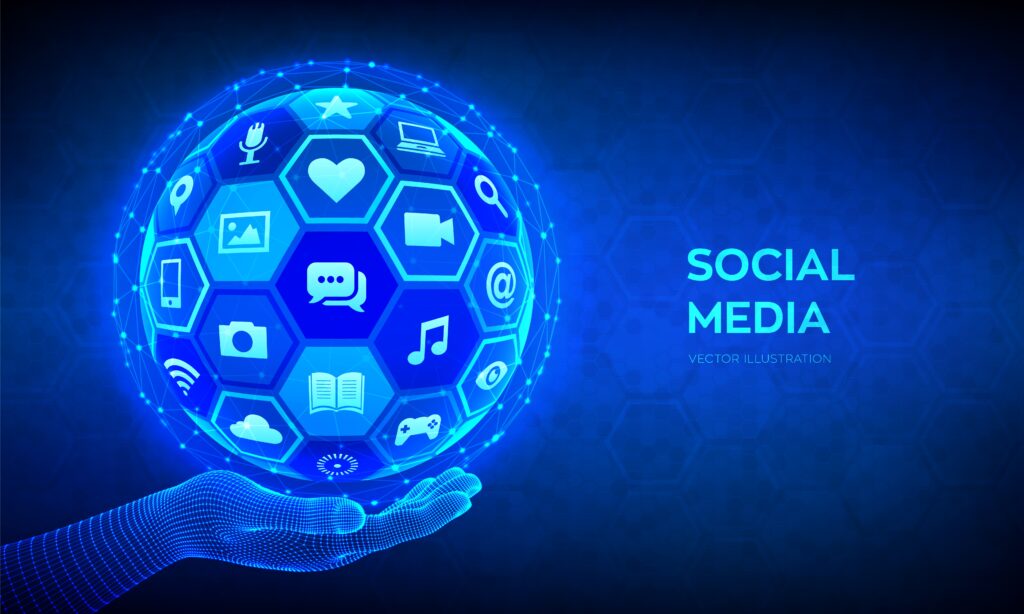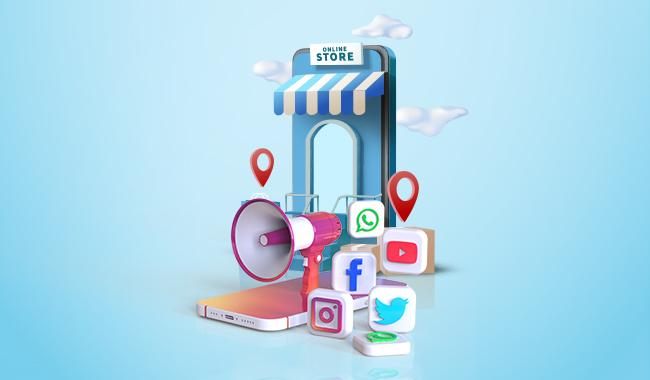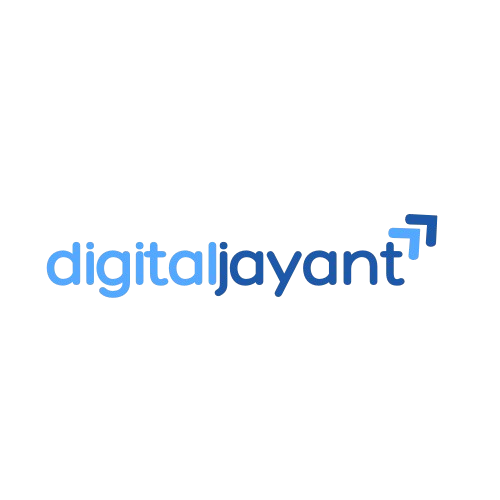By [Jayant Rajput] | September 2025
Marketing has always been the lifeline of any business. Whether it’s a local shop owner putting up banners in the neighborhood or a startup running ads on Instagram, the goal remains the same—to reach the right audience and drive growth.
But in today’s rapidly changing world, the way we market has evolved. The big question for many business owners is: Should I stick with traditional marketing or invest in digital marketing?
What is Traditional Marketing?
Traditional marketing is everything we used before the digital revolution. Think:
- TV commercials
- Radio ads
- Print media (newspapers, magazines, flyers)
- Billboards and posters
- Direct mail campaigns
It’s the kind of marketing that targets a broad audience. For example, if you put up a huge billboard in your city, thousands of people will see it. But the question is—are those people really your potential customers?

What is Digital Marketing?
Digital marketing is the modern approach, leveraging the internet and technology to reach people. This includes:
- Social media marketing (Facebook, Instagram, LinkedIn, etc.)
- Search Engine Optimization (SEO)
- Pay-Per-Click (PPC) ads
- Email marketing
- Content marketing (blogs, videos, podcasts)
Here, the beauty lies in precision targeting. You don’t just show your ad to anyone—you show it to people who are most likely to buy from you. For instance, if you run a café, you can target coffee lovers within 10 kilometers of your shop.
Traditional Marketing vs Digital Marketing: The Key Differences
1. Reach
- Traditional: Reaches a large, general audience but lacks precision. Great for brand awareness but not always efficient.
- Digital: Lets you target specific demographics (age, location, interests). Ideal for reaching people who matter to your business.
2. Cost
- Traditional: Usually expensive. TV ads, billboards, and newspaper slots come with high costs.
- Digital: More budget-friendly. You can run a Facebook ad for as little as a few hundred rupees and still get measurable results.
3. Engagement
- Traditional: One-way communication. People see your ad but can’t respond immediately.
- Digital: Two-way communication. Customers can comment, share, or message you directly.
4. Measurability
- Traditional: Difficult to track results. You don’t know how many people actually bought because of your newspaper ad.
- Digital: Every click, impression, and conversion is trackable. You can clearly see your return on investment (ROI).
5. Flexibility
- Traditional: Once a billboard or TV ad is out, you can’t make changes easily.
- Digital: You can tweak, edit, or stop your campaign anytime if it’s not working.

Which One Works Best for Your Business?
Now comes the big decision. Should you choose traditional marketing or digital marketing? The answer depends on your goals, audience, and budget.
- If you’re a local brand targeting older audiences (who might not be very active online), traditional marketing can still work wonders. For example, a jewelry store advertising in local newspapers can attract walk-in customers.
- If you’re targeting younger, tech-savvy audiences or want to reach customers beyond your city, digital marketing is unbeatable. For example, an e-commerce store can use Instagram and Google Ads to sell products across the country.
- If you want the best of both worlds, a mix of traditional and digital marketing often works well. For instance, a real estate company might use billboards for local brand awareness while running Facebook ads to generate leads.
Why Digital Marketing is Growing Faster
While traditional marketing still has its place, digital marketing is growing rapidly because:
- People spend more time online than on TV or print.
- It’s measurable and cost-effective.
- Small businesses can compete with big brands.
- It provides real-time feedback and engagement.
For businesses today, ignoring digital marketing is like ignoring the internet itself—you risk falling behind your competitors.
Final Thoughts
So, Traditional vs Digital Marketing: What’s best for your business?
The truth is—there’s no one-size-fits-all answer. If your audience is more offline, traditional methods can work. But if your goal is to grow fast, reach wider audiences, and track results in real time, digital marketing should be your go-to.
At the end of the day, the most successful businesses often use a balanced mix of both strategies. Think of it like this: traditional marketing builds broad awareness, while digital marketing drives targeted results. Together, they can help your brand grow stronger than ever.
This blog is a contribution to Digital Jayant’s Knowledge Hub on Digital Marketing.

